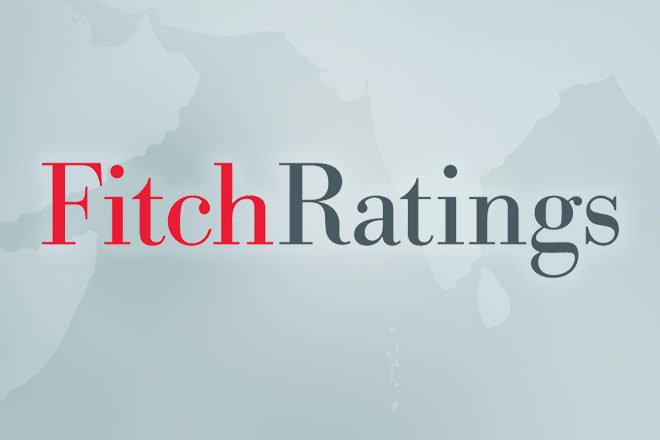Fitch affirms Sri Lanka’s HDFC Bank at BBB(lka); outlook stable

Fitch Ratings has affirmed Housing Development Finance Corporation Bank of Sri Lanka (HDFC Bank) National Long-Term Rating at 'BBB(lka)'. The Outlook is Stable. The agency also affirmed HDFC Bank's senior secured and senior unsecured debentures at 'BBB(lka)'.
KEY RATING DRIVERS
HDFC Bank's National Long-Term Rating reflects Fitch's expectation that the bank would receive extraordinary support from the Sri Lanka sovereign, if required. The sovereign's limited ability to provide support is reflected in Sri Lanka's 'B+'/Negative rating. Fitch believes the sovereign's propensity to extend support to the bank stems from the state's 51% effective holding and HDFC Bank's quasi-policy role in supporting the state housing-development initiatives. However, Fitch sees potential for state support for HDFC Bank as being much lower than for the country's larger state-owned banks, due to its lower systemic importance.
The Stable Outlook on the bank's National Long-Term Rating reflects its creditworthiness relative to the best credit in Sri Lanka.
Housing loans accounted for 87% of HDFC Bank's loan-book at end-1Q16. The bank is authorised to provide housing loans to members of the Employee Provident Fund (EPF), Sri Lanka's retirement savings scheme. The loans are secured against members' EPF balances and accounted for 29% of the bank's total loans in 1Q16. NPLs on these loans are much higher than for the rest of the bank's portfolio, but the Central Bank of Sri Lanka annually reimburses HDFC Bank for EPF-backed loans in arrears for over three months. However, the bank's reported gross NPL ratio remains high even after excluding EPF-backed housing loan NPLs, at 8.4% at end-1Q16 (19.7% including EPF-backed loans). This is mainly due to its exposure to low- and middle-income customer segments.
We see HDFC Bank's capitalisation as weak and believe that the bank relies on capital infusion from the state, as its internal capital generation may not be sufficient to meet the minimum capital requirement of LKR5bn by 1 January 2018.
The bank's outstanding debentures are rated in line with its National Long-Term Rating and rank equally with the claims of other senior unsecured creditors. Fitch has not provided any rating uplift for the collateralisation on the senior secured debentures as their recovery prospects are considered to be average and comparable with those of the unsecured notes in a developing legal system.
RATING SENSITIVITIES
Fitch may downgrade HDFC Bank's ratings if there is a change in our expectation of state support to the bank. This may occur due to a weakening of the bank's linkages with the state, as seen by a dilution of the state's majority-ownership of the bank or a revision of Fitch's view of the bank's policy role.
HDFC Bank's rating could be downgraded by several notches if the sovereign's ability to support it is significantly weakened or if Fitch concludes that the bank can no longer rely on sovereign support. This is because the bank's intrinsic strength is materially weaker.
The ratings of the senior secured and senior unsecured debentures will move in tandem with HDFC Bank's National Long-Term Ratings. (Media Release)
